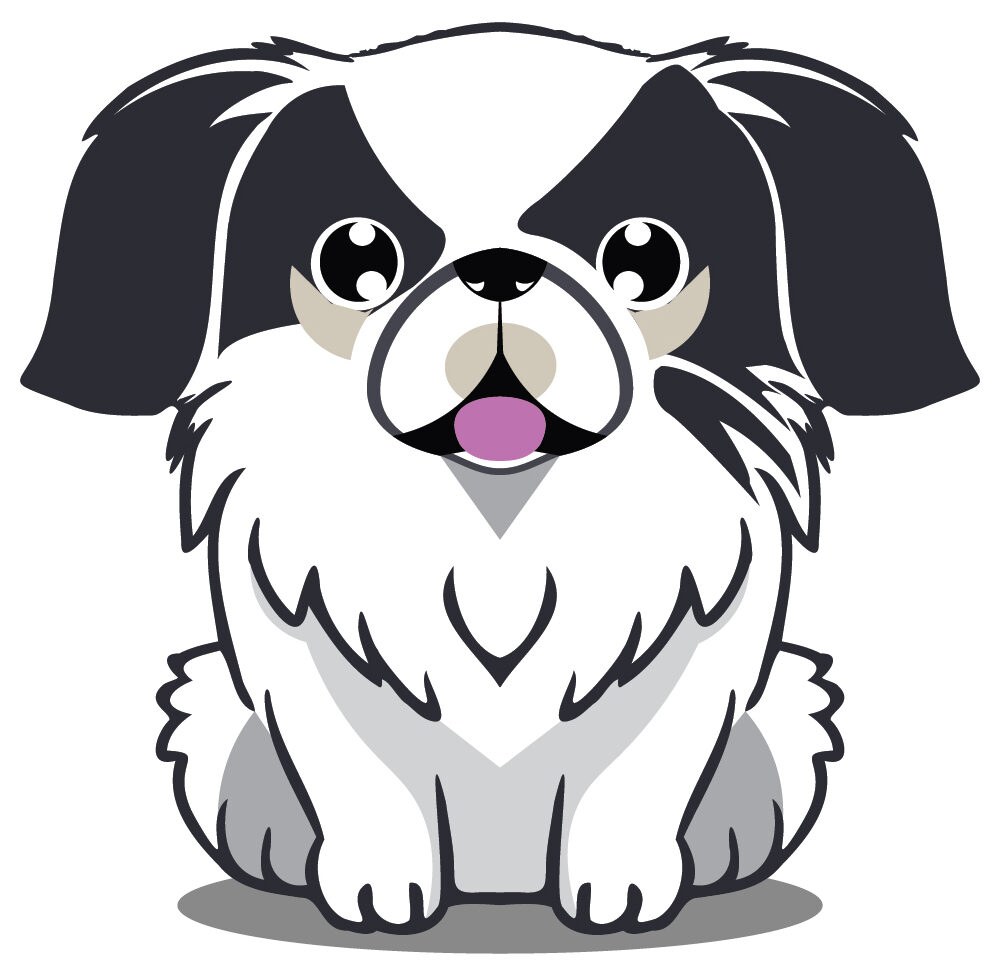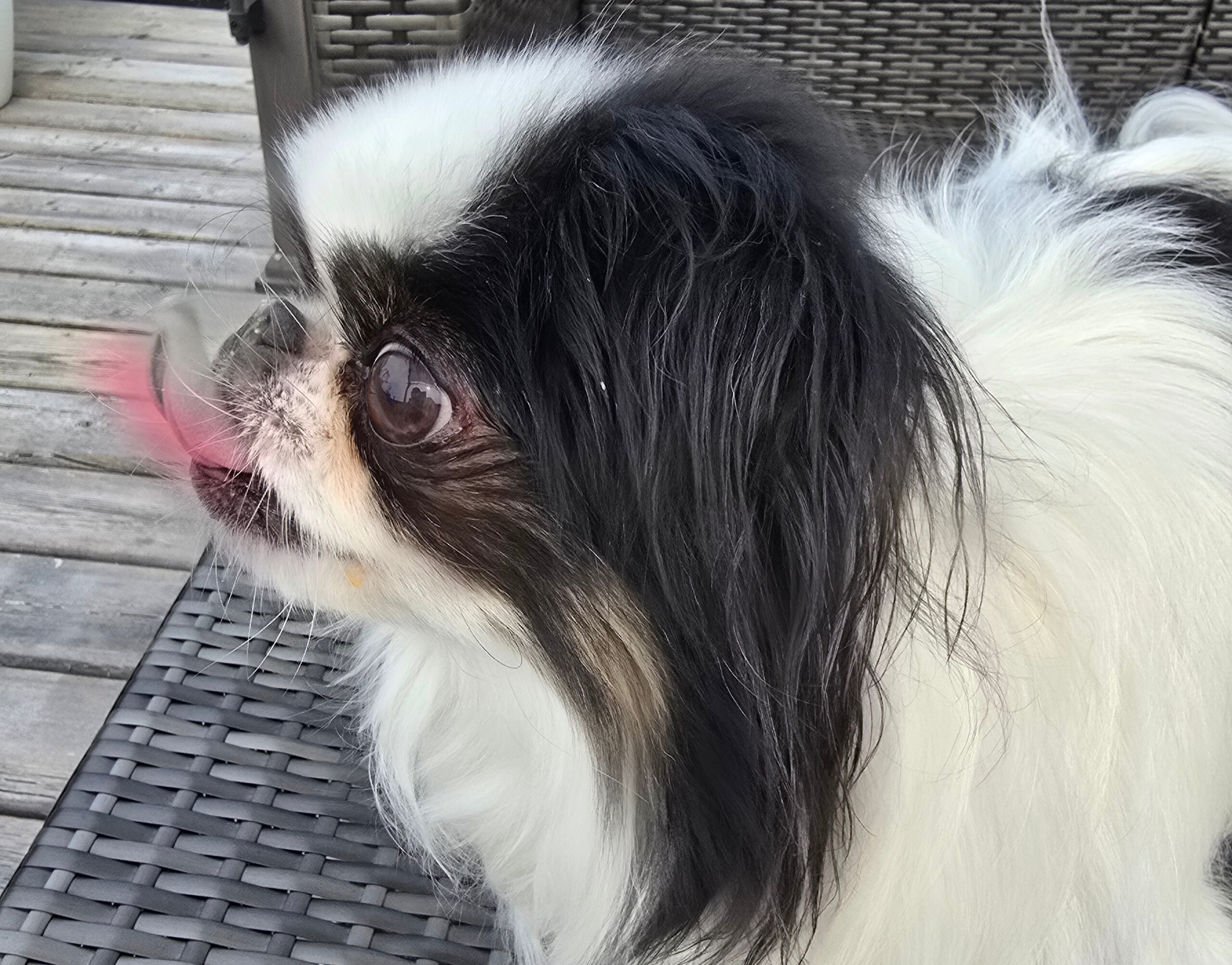Along with licking feet, licking his nose has to be high up on things that Zed likes to do. I often wonder what’s so satisfying about licking his nose, and when I did a little research, I was pleasantly surprised to find a myriad of reasons why he likes to partake. So, why do dogs lick their nose?
Your dog’s nose serves as an essential sensory organ, enabling them to navigate their world and express themselves. Dogs naturally lick their noses for various reasons, including enhancing their sense of smell or removing food residue after eating. However, when nose licking becomes excessive, it might indicate discomfort or an underlying health condition. As a pet owner, you’ll need to carefully monitor this behavior to determine what your dog is trying to communicate.
Nose licking ranges from occasional and normal to frequent and potentially problematic. While minor causes typically represent standard canine behavior, more concerning triggers could signal health issues requiring veterinary care. Understanding the root cause of this behavior is crucial for appropriate response. Below are several potential reasons why dogs lick their nose.
Related: Why does my fluffing dog lick me after I shower?
Cool down
Your dog’s nose serves as a crucial cooling mechanism for his body. Unlike humans who regulate body temperature through sweating, dogs rely on exposed skin areas such as their paw pads, inner ears, and nose to dissipate heat.
When you notice your dog licking his nose more frequently on hot days, he’s actually helping himself cool down. This behavior typically increases after he’s had some water or enjoyed a refreshing ice cube treat during warm weather.
Anxiety
When your dog is confused, anxious, or uncertain about their surroundings, they may exhibit nose-licking behavior. To understand if this behavior stems from anxiety, you’ll need to carefully observe the circumstances in which it occurs.
During thunderstorms, your dog might become frightened, leading to anxious nose licking. Similarly, unfamiliar environments or interactions with strangers can overwhelm your dog and trigger this stress response.
Allergies and irritants
Allergies are actually one of the less frequent reasons for nose licking in dogs. While dogs naturally collect allergens with their sensitive noses, allergic reactions typically manifest as excessive scratching, chronic licking of paws or body, recurring ear infections, and visible skin irritation. These symptoms can stem from numerous potential allergens. If you suspect your dog is experiencing allergies, consulting with your veterinarian is recommended for proper diagnosis and treatment.
Alternatively, a wet nose accompanied by licking behavior may indicate exposure to a respiratory irritant. If your dog accidentally sniffs something particularly unpleasant or irritating, they might respond with sneezing, increased nose licking, clear nasal discharge, or excessive drooling as their body attempts to clear the irritant.
Normal dog behavior
Dogs primarily lick their noses to maintain cleanliness and enhance their sense of smell. This behavior commonly occurs after eating or drinking to remove any residual food or water from their noses. The licking action also aids in scent detection by transferring scent molecules from the nose to the vomeronasal organ located on the roof of the mouth. This process plays a crucial role in how dogs interpret pheromones and communicate with other canines.
While nose licking is typically normal behavior, there may be alternative explanations if you notice your dog engaging in this activity more frequently or excessively than usual.
Dry nose
Dogs instinctively maintain a moist, clean nose for optimal sensory function. When a dog’s nose becomes dry, they will often lick it to prevent cracking and maintain proper moisture levels. This natural behavior helps ensure their nose functions effectively for scent detection.
Additionally, dogs will lick their noses to remove any food particles, dirt, or debris that may interfere with their sense of smell. This self-cleaning behavior helps them maintain nasal health and sensory acuity.
Dental issues
If your dog has dental issues like gingivitis, periodontal disease, or oral masses, they may lick their nose more frequently. Watch for additional symptoms such as lip licking, excessive drooling, difficulty chewing, pawing at the mouth, pain while eating, foul breath, or bleeding gums. Any of these signs warrant a prompt veterinary examination.
To prevent oral problems that might cause nose licking, maintain your dog’s dental hygiene by brushing their teeth regularly. Good oral care is essential for your pet’s overall health and comfort.
Dehydration
Dogs can become dehydrated due to several underlying health conditions including kidney disease, gastroenteritis, and diabetes. Environmental factors such as excessive heat or fever from infections can also cause significant fluid loss. When dogs become dehydrated, you may notice delayed skin elasticity and sticky gums. A dry nose that your dog frequently licks can be another indicator of dehydration.
To check if your dog is dehydrated, you can perform a simple skin elasticity test. Gently pinch the skin at the back of your dog’s neck and lift it slightly. If the skin returns slowly to its normal position or remains in a tented position after release, your dog is likely dehydrated. It’s important to note that this test typically shows positive results only when dehydration is already present. If you suspect your dog is becoming dehydrated, consult your vet right away.
Nose injuries/foreign bodies
Your dog’s nose is highly sensitive, and even a minor injury can cause significant discomfort. Dogs typically respond to nose injuries such as abrasions, cuts, or punctures by repeatedly licking the affected area. Assess the injury’s severity and depth to determine whether immediate veterinary attention is necessary.
In some cases, your dog may lick their nose, sneeze, or experience unilateral nasal discharge or bleeding because of a foreign object lodged in their nostrils. Never attempt to extract these objects yourself. Instead, consult a veterinarian who has the proper tools and expertise to safely examine the nasal passages and remove any foreign bodies.

